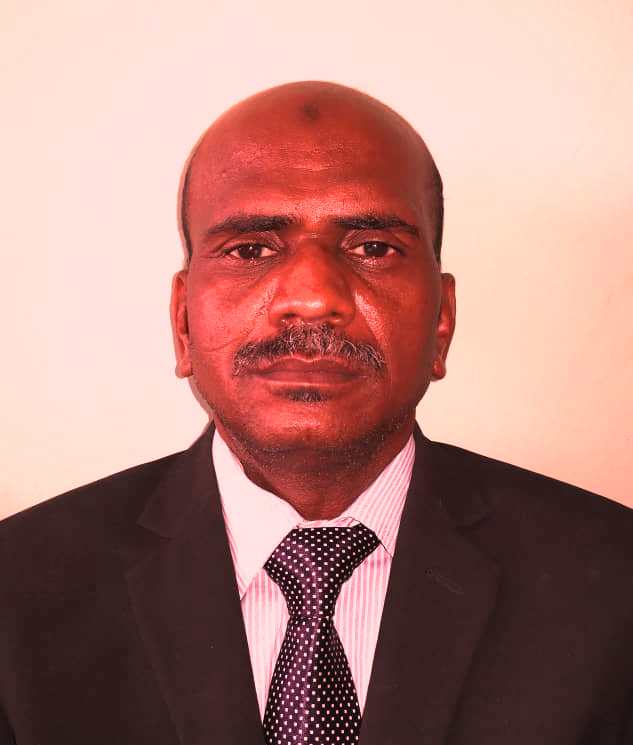By Dr. Abasher Elhaj
“All Politics are domestic” is a Yankee locution that has its epistemological significance and great practical validity; the phrase means that all political affairs are municipal issues, such as rainwater drainage methods, the quality of health and education services, and many others are local issues par excellence that overlap and intersect with general policy issues, yet what is the rapport of this with Dec. 2018 revolution?
During the government of the ex-prime minister, an unprecedented interest among politicians, especially the youth was noticed in terms of local governance issues, as well as, many symposiums and proposals on this matter were presented, they tried to describe the local government in Sudan from a historical perspective., just for records, Sudan has been ruled with modern local government laws that can be traced back to the 1910 law, the 1937 law, the 1951 law, and then the Aburnat law in 1961, and then the 1971 law (Dr. Bakry Eljack Elmadani), and the last but not the least came the Islamist epoch, to infect everything, with difficult laws to understand how they are organized and operated due to conflicting powers and tasks among the different levels of government. These serious proposals that revolve around these laws left to their own devices in terms of the 1937 Law which has paved the way for Local Administrations to govern and intervene in land issues, or the 1951 law which created municipal and rural councils, and the Abornat Law allowed municipalities and regional governments to have broader powers, including thinking about independent resources, and the discussions proceeded accordingly.
These talks, workshops, and seminars were just a lightning rod and let the grass grow round their feet for they did not negotiate the ninth circle of power! The modern Sudanese state, since the beginnings of its emergence in 1821, was and still is central in its political mindset, in the way it is organized and in its administration, and even in the attempts in which the question of the centrality of the state was raised, as in the Juba Conference in June of 1954. In 1947, or in the Round Table Conference in 1965, or in the experience of regional governance in southern Sudan following the signing of the Addis Ababa Peace Agreement in 1972, no real and objective answers were provided about the nature of the decentralized state that people seek. Until this moment, people are talking about a decentralized state, but they stop at this limit in the description, knowing that decentralization includes in its most confederate systems as a system that does not give the regions the right only to determine the systems of governance and administration and limit the powers of the central government only in security and defense, the currency and the Central Bank, foreign relations, international agreements, and later issues of immigration and naturalization. Rather, it gives any of the regions the right to secede whenever the citizens of the region decide to do so without the need for a referendum for the rest of the regions. Decentralization also includes the federal system that people in Sudan dream about in theory, but all the applications did not come close in any way to the nature of the federal systems that it represented.
The National and the Central Bank, the relationship (External, international agreements, immigration and naturalization) entrusted to the federal government. All other issues of governance, such as education, health, police, agriculture, grazing, etc., are left to the local government. It does not have powers alone, but it has the right to create resources through borrowing and investment and the authority to impose taxes and obtain an estimated share in many local resources according to arrangements with the central government. What was happening in Sudan in all attempts at decentralized governance is what is known as decentralization by devolving of powers, any decentralization system based on the distribution of power and powers that originally were in the hands of a central government, and it cedes some of these powers to the state government, which in turn relinquishes some powers to the local government and so on to the People’s Committee.
The origin of the power is in the hands of the central government, and it can take back this power whenever it wants. The most important thing is that this system called decentralization, even in its application, was a mess, and the tasks and powers were not detailed in it, and responsibilities were linked to funding. So the schools, for example, have been without maintenance because they are the responsibility of the localities, not the Ministry of Education, and the treasury remained on Nile Street, which is tumbled on its roofs. To be continued.
hajabacher@gmail.com
https://khartoum-today.net/
 Sudan army chief Al Burhan freezes bank accounts of paramilitary RSF
Sudan army chief Al Burhan freezes bank accounts of paramilitary RSF Sudan’s SAF & RSF sign agreement intended to lay groundwork for humanitarian assistance
Sudan’s SAF & RSF sign agreement intended to lay groundwork for humanitarian assistance SAF, RSF agree on extension truce for the sixth time
SAF, RSF agree on extension truce for the sixth time Army, RSF agree to extend truce for 72 hours
Army, RSF agree to extend truce for 72 hours Sudanese people fled to Egypt amid acut humanitarian crisis
Sudanese people fled to Egypt amid acut humanitarian crisis THE ELEPHANT IN THE ROOM
THE ELEPHANT IN THE ROOM Death toll from Sudan fighting tops 180 as clashes in Khartoum enter fourth day
Death toll from Sudan fighting tops 180 as clashes in Khartoum enter fourth day By the UN Secretary-General Op-ed on G20 – 8 billion
By the UN Secretary-General Op-ed on G20 – 8 billion A strong military key to maintaining world peace
A strong military key to maintaining world peace Beautiful China shows new chapter of ecological conservation
Beautiful China shows new chapter of ecological conservation

Asleep at The Switch (1-2)
About the author
Related Articles
2020 All rights reserved khartoum-today.net 0124293222







